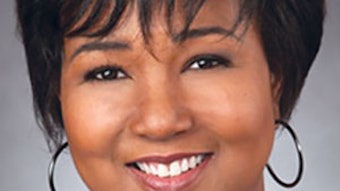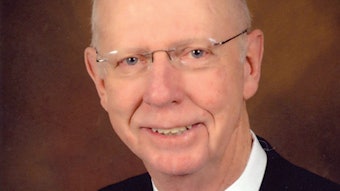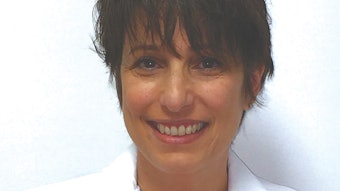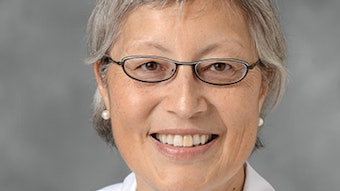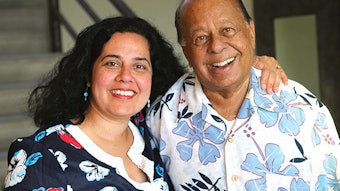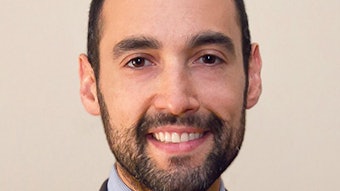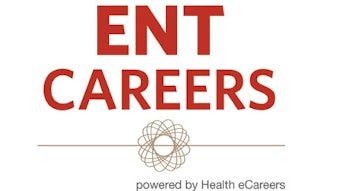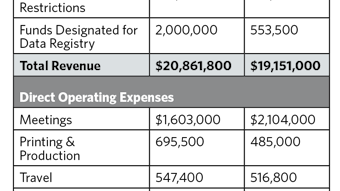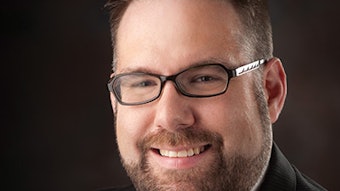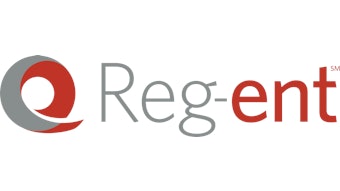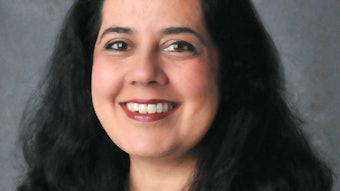New payment models
This month’s Bulletin highlights many facets of the activities of our Health Policy team and the rapidly escalating demands that they face in the shifting healthcare environment.
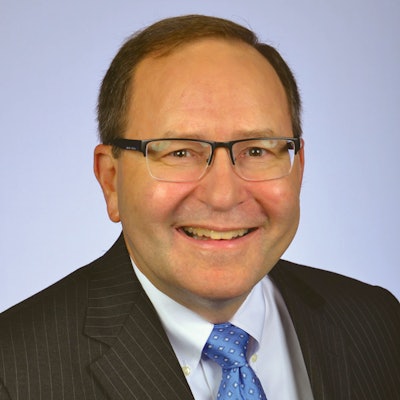 James C. Denneny III, MD
James C. Denneny III, MD
AAO-HNS/F EVP/CEO
A number of groups are exploring APM options for surgeons and specialists. The American College of Surgeons is leading a project with Brandeis University with input from surgical specialty societies to identify opportunities for surgeons to participate in APMs. After discussions with several Congressional committees, it is clear that most practitioners will not be able to participate in APMs in 2018.
The trend to regulate activities in physicians’ offices continues as the United States Pharmacopeia (USP) is recommending changes to the process used to prepare immunotherapy vials that would markedly change requirements for office preparation and alter the way subcutaneous immunotherapy is delivered. We are working with the American Academy of Otolaryngic Allergy (AAOA) and the American Academy of Allergy, Asthma & Immunology (AAAAI) to mitigate these proposed changes. Additionally, concerns involving standards of sterilization and reuse of “single use” devices have surfaced and clarity is needed regarding their safe and ethical use and the way that the payment system handles such practices.
RegentSM pilot testing
The pilot phase of RegentSM, our Qualified Clinical Data Registry, is well under way and we are grateful to the academic and private practices who are participating in the original pilot process that will set the stage for the launch of the registry to our full membership. Significant progress has been made in working with physicians utilizing both Epic and Cerner EHR systems. Other EHR products have already proved to be compatible with the FIGmd data collection system. The pilot phase will be completed in time for the launch for the general membership around the Annual Meeting in September.
Over the next few months, we will be accepting applications and completing contracts for groups who wish to take advantage of being in the first 1,000 participants who will have the registration fee and first year participation fee waived. Many Members have already placed their names on the “founders list” and will be contacted first. We have no limitations as to the number that the registry can accommodate so if you have not signed up please contact us at regent@entnet.org, and we will send the pertinent information to you. I would like to furthermore thank all of the specialty societies that are participating with our Clinical Advisory Committees to ensure that we are prioritizing and measuring the most pertinent areas of practice initially. I would also like to thank the American Board of Otolaryngology for its willingness to work with the Foundation both related to RegentSM and other educational activities that will benefit the diplomates and members of each group.
‘Concurrent and overlapping’ surgery
The Boston Globe called into question the practice of “concurrent and overlapping” surgery in a series of articles. The American College of Surgeons convened a Task Force to address the issue, and, with input from specialty societies including the AAO-HNS, has produced a document (see page 28) that defines the applicable situations and outlines principles to ethically handle them and protect the public. We would appreciate your responding to the recently sent AAO-HNSF survey on this topic.
Leadership in 2017
Finally, I would like to recognize the outstanding young leaders being developed among our ranks. The Academy will actively cultivate and promote these young leaders through our emerging Leadership Development Program, which we hope to have in place by early 2017.






